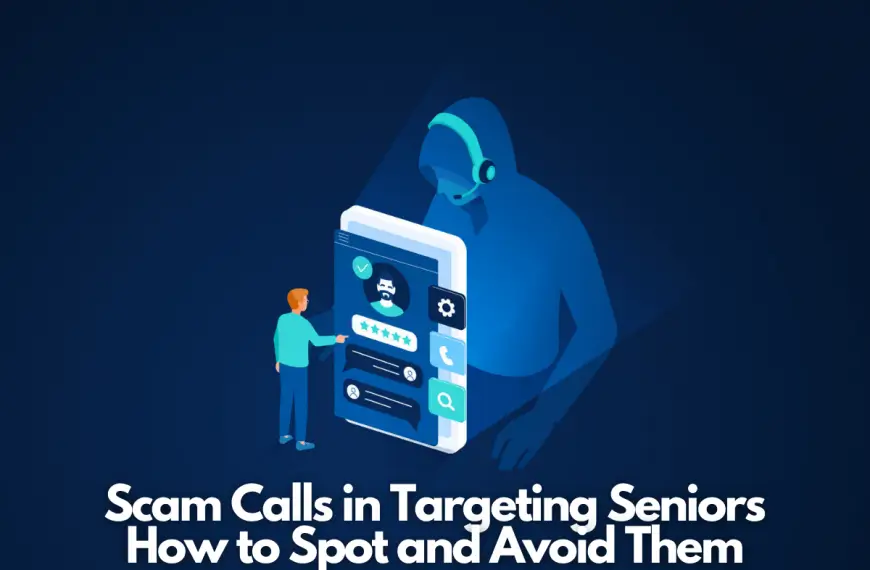Scam Calls in Targeting Seniors – How to Spot and Avoid Them

Nowadays, we incline to believe that most scams are carried out online since it is easier for fraudsters to prey on people they don’t have to and probably never will see in real life.
However, more traditional scams such as those that take place over the phone are not at all outdated. Many con artists still try to find victims by using cold calls. Unfortunately, some of their most common victims are seniors.
There are different reasons why the elderly are more vulnerable to scam calls. On the one hand, they are not as present in the online environment as younger adults, so they might be less aware of how cunning and clever scammers have become.
On the other, many seniors have the time and patience to listen to someone’s offers over the phone. Here are some of the most frequent phone scams targeting the elderly and the red flags that accompany them.
Healthcare Scams
Healthcare scams are some of the most popular scams targeting seniors. These scams involve calls during which the victim is either offered a new Medicare card or a new health insurance card, or even discounts on their current insurance plan.
In order to access the alleged benefits, the person is asked to provide their social security number, full name, address, or even bank account.
This is highly sensitive information that should never be given out over the phone. Scammers can use these details to impersonate someone, open accounts on their behalf, make payments, or submit different benefit claims.
IRS Impersonation Scams
Fraudsters often call seniors claiming they are IRS employees and saying they want to clarify certain aspects related to their taxes or social security numbers.
Sometimes, they tell people they own debts, and they must make a transfer immediately if they want to avoid being prosecuted.
Another common scenario is telling people they’ve got their SSN suspended, or they have to pay to get a new one. Usually, these scams aim to gather sensitive personal information the authors can later use to impersonate others and obtain money fraudulently.
Never provide any personal information to someone who claims they work for the IRS. The IRS will never call you personally. They will only send official letters.
Tax Scams
Some of the most common scams of this kind, which are usually proliferating during the first months of the year, in tax season, involve companies that offer their service in filing people’s taxes. While there are real professionals who do this legitimately, scammers who pose as tax preparers have two main purposes.
One of them is to convince people to work with them and pay a usually high fee for their service. The other is to deliberately omit information while filling their taxes in order to be able to access refunds, for example, and direct them into their personal account.
To avoid being scammed by fake tax preparers, it’s safer to avoid the service of any such professional who calls you to offer help. The best way is to search online, in official directories for the contact details of certified preparers.
Senior Benefits Companies Scams
Scammers often pretend to be calling from senior benefits companies and claim they have spotted an error in the social security benefits of the person they’re targeting.
The aim of this scam too is making people share their personal details such as social security number, name, address, credit card information, or details related to the current benefits of that person. With this information, scammers can plan further fraudulent actions.
Lottery Scams
Lottery scams are evergreen. They’ve been around for decades, but people still seem to fall for this type of scheme. In a lottery scam, a person is called and is told they’ve won the lottery. To be able to access the money, the lucky winner only needs to make a small payment as part of the claim process. Obviously, that payment goes to the scammer’s account.
To make sure you don’t become a victim of these scams, the most drastic but also efficient solution is to simply avoid answering calls from unknown numbers. If you are worried some of those calls are actually urgent or important, you can use automated messages that ask callers to leave a message. This way, you know when and if it’s safe to call back.
For more info on how to manage your assets properly, contact us: Clearwater Management Korea.





